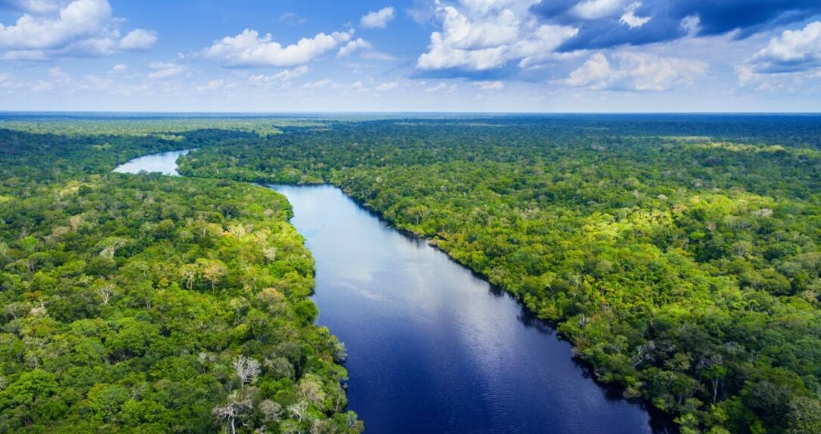
Faced with the climate emergency, Brazil, Indonesia and the Democratic Republic of Congo are in talks to form a strategic alliance to ensure the conservation of primary tropical forests.
In 1960, OPEC, the Organization of the Petroleum Exporting Countries, was formed. An intergovernmental organization created so that the main oil exporting countries can control and regulate its course and no longer suffer the tariffs which were hitherto decided by the oil companies. Today, and in a relatively similar spirit, a sort of “tropical forest OPEC” could very soon form.
Brazil, Indonesia and DRC for “OPEC of the tropical forests”
He pledged to fight deforestation in the Amazon, with the goal of “zero deforestation”. And since his election, Luiz Inácio Lula da Silva, known as Lula, has been trying to keep his promise. It is in the sense that Brazil, Indonesia and the Democratic Republic of Congo – which together have 52% of the primary tropical forests of the world – wish to form a strategic alliance, of the type “OPEC of the tropical forests”. And for good reason, the protection of these lands is crucial to avoid, or at least limit, the climatic catastrophe.
The three countries – home to the Amazon, the Congo Basin and the forests of Borneo and Sumatra, which are threatened by commercial, mining and illegal logging – signed an agreement at COP26 in Glasgow to stop and reverse deforestation by 2030, reports the Guardian.
And before being elected, Lula said any alliance could be extended to other rainforest countries, such as Peru and Cambodia.
Respect indigenous peoples and local communities
But for Oscar Soria, campaign director of the activism site Avaaz, this agreement could be fruitful on one condition: “that indigenous peoples and local communities are fully consulted in the process and that their rights and leadership are respected”. Adding that “these three ecosystems are essential to the ecological stability of the world, but that the solution for these forests to thrive lies in the people who live there”.
For their part, IPCC scientists responsible for advising COP negotiators “clearly indicated in a recent report the urgent need to recognize the rights of indigenous peoples and support the adaptation of ecosystems”, says Joseph Itongwa Mukumo, a indigenous Walikale from the province of North Kivu in the DRC. Indigenous communities are thus recognized as fundamental to reducing the risks of climate change and to effective adaptation.
In the meantime, President Lula is already working hand in hand with Indonesia and the DRC to protect all the tropical forests on the planet. The implementation of such a project could not only prevent the Amazon rainforest from reaching the tipping point that all scientists fear, but also remove more than a billion tons of CO2 from the atmosphere for several decades.

